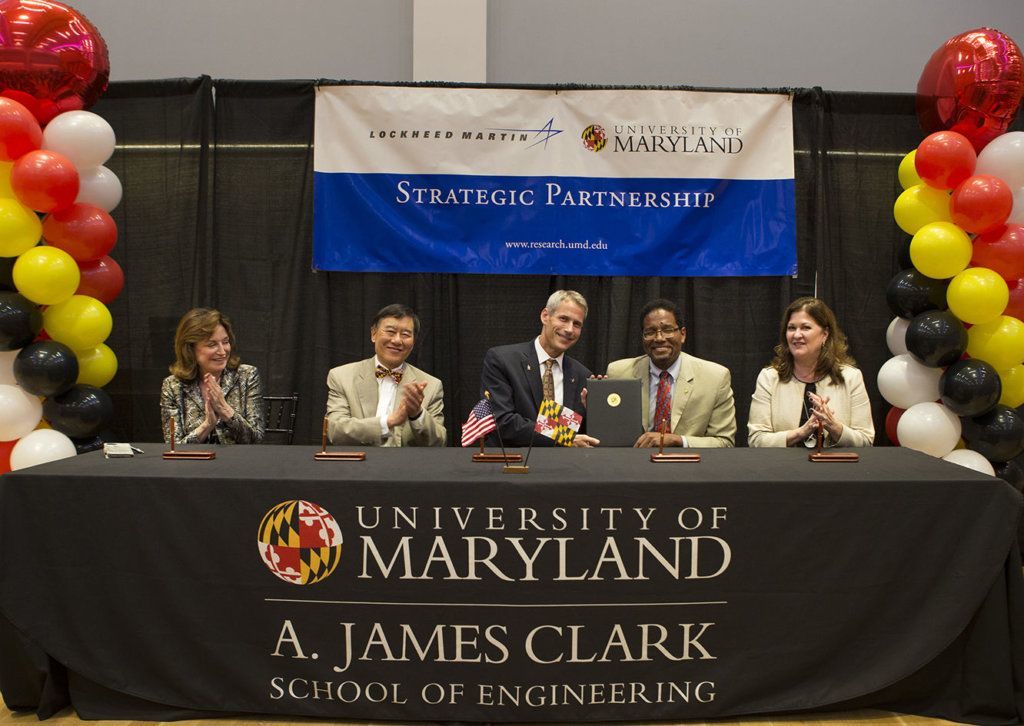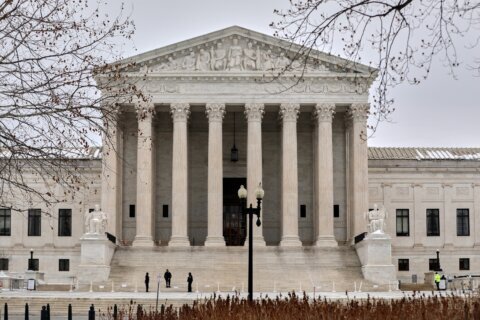
Bethesda-based Lockheed Martin, already developing a supersonic aircraft that it plans to test fly in 2021, has committed $3 million to the University of Maryland’s Clark School of Engineering for supersonic flight experiments.
The $3 million, three-year contribution will fund high-speed flight experiments up to Mach 8, or 6,000 mph, at the school’s hypersonic wind tunnel. The donation will also aid research into vertical takeoff and landing.
In addition, the contribution will also underwrite programs at the engineering school for minorities in science and engineering to increase the enrollment of women and minorities in STEM programs.
It is Lockheed’s largest gift this year to a school.
“This generous gift will empower Clark School students and faculty to remain at the forefront of innovation in aerospace technology, and to advance our commitment to a diverse and inclusive engineering community,” said Darryll Pines, dean of the Clark School.
Lockheed has funded $21 million in research and philanthropy at the University of Maryland since 2010.
Lockheed is already producing an experimental jet, the X-59, capable of flying at 940 miles per hour, or Mach 1.2, at an altitude of 55,000 feet.
NASA awarded Lockheed the contract to design, build and flight test a plane that can fly at supersonic speeds without creating a sonic boom, which has until now limited development and use of supersonic planes.
NASA will use information from Lockheed’s work to establish acceptable commercial supersonic noise standards that may overturn current regulations banning supersonic travel over land.








